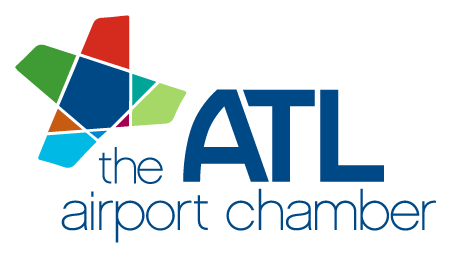Georgia’s Recovery Outpaces U.S. But Is Not Immune to Global Supply Chain Disruptions
Georgia’s recovery from the 2020 pandemic shutdown remains ahead of the nation’s, but further disruptions of the global supply chain could be felt from the port of Savannah to the boardrooms of Atlanta, according to Rajeev Dhawan of the Economic Forecasting Center at Georgia State University’s J. Mack Robinson College of Business.
“Although the Peach State outpaces the U.S. in economic recovery metrics, including running a lower job deficit (2 percent in Georgia vs. 4 percent nationally),” Dhawan said, “we contend with the same challenges, including inflation and uncertainty about the trajectory of the COVID-19 delta variant.”
Dhawan describes a hypothetical order of an electronics product in high demand among U.S. consumers. The product is assembled in China of components sourced from throughout the Asia-Pacific region (including perhaps Indonesia, Japan, Malaysia, South Korea, Thailand, Taiwan, and Vietnam). The assembled products ship from a Chinese seaport, perhaps Shenzhen, to an American port – perhaps Savannah, the nation’s third-busiest seaport. After customs, orders ship to retailers for fulfillment.
“Under normal circumstances, the logistics process is seamless. But any interruption along the way – such as a delta variant outbreak at the assembly factory or the outbound seaport–adds to an already overwhelming backlog,” Dhawan said. “And this supply scarcity contributes to inflation and lower activity at Georgia’s signature port.”
Between continuing pandemic concerns, global supply chain snarls, and geopolitical worries, Dhawan anticipates Georgia’s corporate sector will “keep pushing the pause button on hiring or making capital expenditures until uncertainty begins to subside in 2022.”
By contrast, Dhawan said, Atlanta-area residential and commercial real estate developers are pivoting to changes in market demand.
“Pre-pandemic, developers were building spectacular high-rise office buildings in town and equally spectacular high-density residential towers nearby,” he said. “Today we see a shift to small, low-density office complexes in suburban locations with nearby apartment clusters. Now is not the time to gamble on building a trophy tower.”
Dhawan said one need look no further than the proliferation of 18×24-inch yellow placards lashed to roadside signs to know that active film productions have returned in force to the #1 movie-making city in America.
“Georgia’s film industry is doing very well,” he said, “with plans for a symbiotic complex of studio sound stages, housing, and commerce at the former General Motors plant in Doraville.”
Highlights from Rajeev Dhawan’s Economic Forecast for Atlanta and Georgia
- Georgia will add 157,500 jobs (33,200 premium jobs) in 2021, gain a respectable 109,500 jobs (30,700 premium) in 2022 and increase by 85,700 (25,500 premium) in 2023.
- Nominal personal income will grow 8.0 percent in 2021, pull back to only 0.3 percent growth in 2022, and rise 4.0 percent in 2023.
- Atlanta will add 114,100 jobs (25,300 premium positions) in 2021, grow by 70,900 jobs (22,100 premium) in 2022 and add 66,100 jobs (19,900 premium) in 2023.
- Atlanta housing permitting activity will increase by 31.1 percent in 2021, decline by 4.7 percent in 2022, and drop by 1.6 percent in 2023.
Article courtesy of Metro Atlanta CEO, published September 7, 2021.

